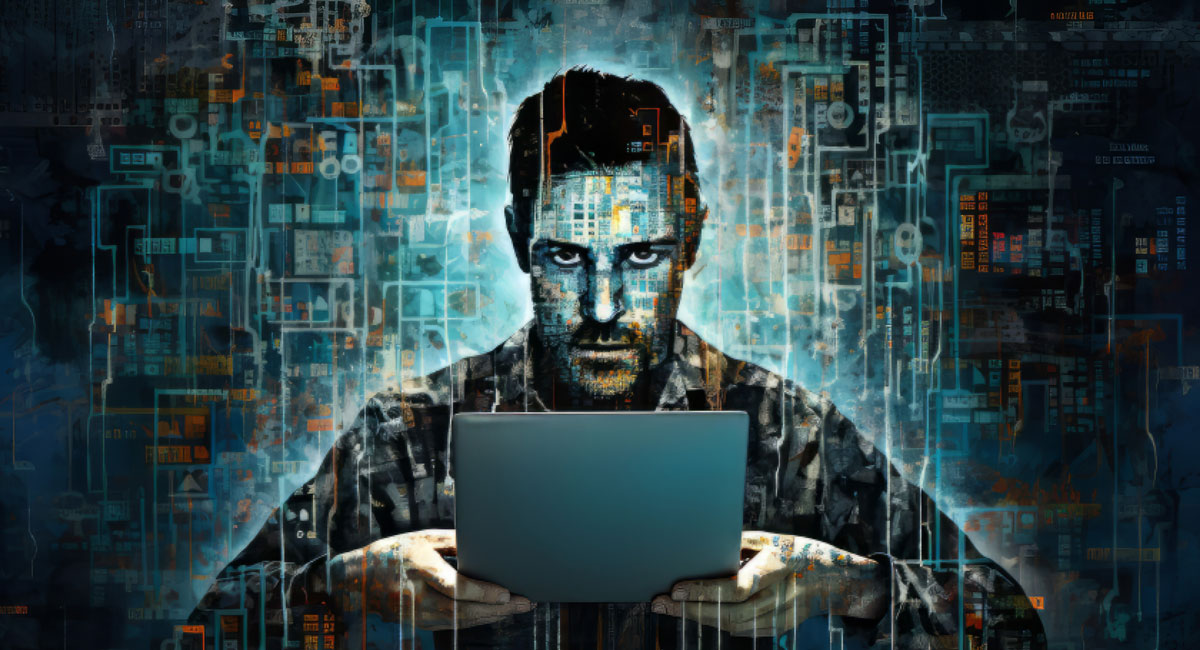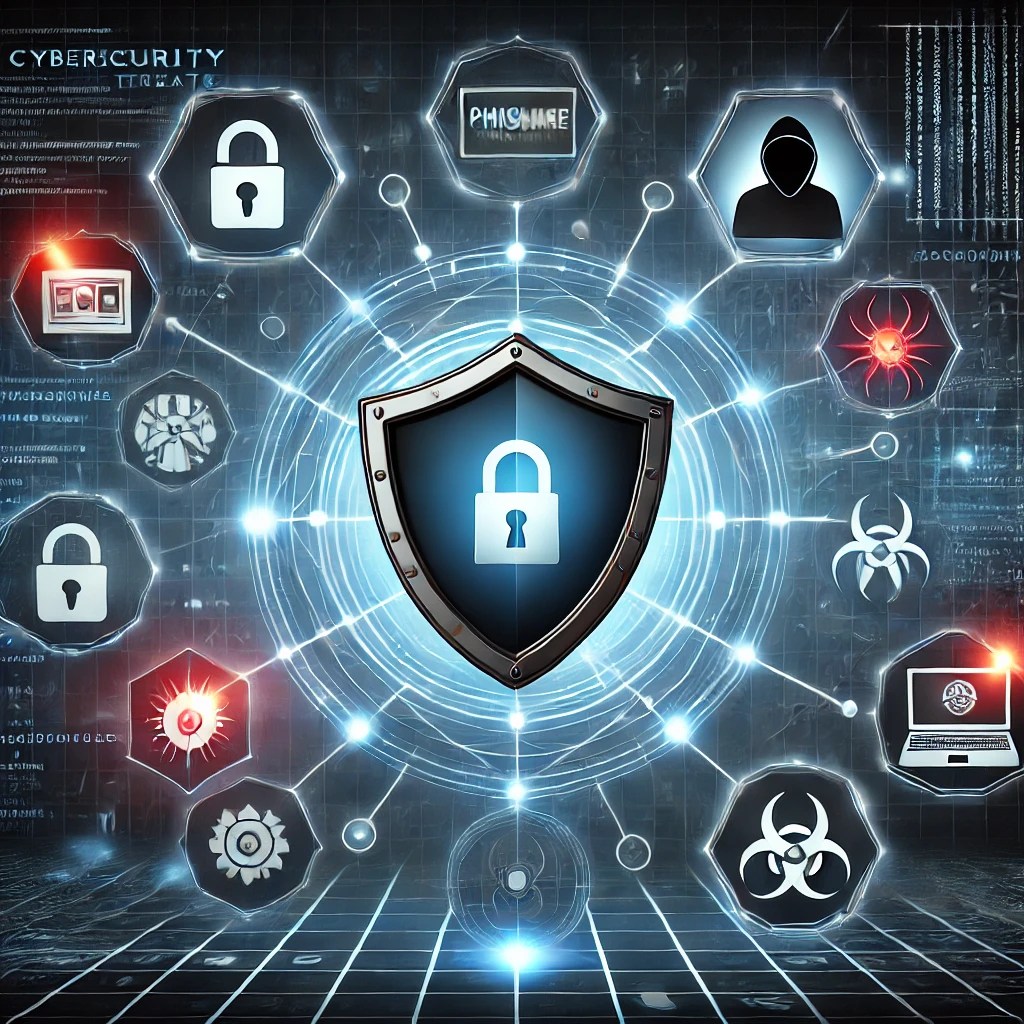
The truth about cybersecurity is that most businesses are not as safe as they think. In today’s connected world, cybercriminals are constantly evolving, and no company is too small or too secure to be a target. A single phishing scam, ransomware attack, or careless mistake can disrupt operations and cause serious financial damage. The good news is that by understanding the real threats and correcting common misconceptions, businesses can take practical steps to strengthen their defenses and stay protected.
The Truth About Cybersecurity: You’re Not as Safe as You Think – Table of Contents
Common Misconceptions About Cybersecurity
Cybersecurity is complex, and there are a lot of misconceptions about what truly keeps businesses safe. Many people think they have their bases covered, but the reality is far from that. Misunderstanding cybersecurity can leave your business vulnerable to costly and devastating attacks. Let’s break down some of the most common misconceptions and uncover the truth behind them.
Misconception 1: Small Businesses Aren’t Targets
Think you’re too small to be noticed by hackers? Think again. Small and mid-sized businesses are actually some of the most frequent victims of cyberattacks. Why? Because cybercriminals know these businesses often lack advanced defenses, making them easy prey.
According to recent studies, nearly half of all cyberattacks target small businesses, and many never recover from the financial and reputational damage. Cybercriminals use automated scanning tools to find vulnerabilities, so it’s not about who you are, it’s about whether you’re an easy target.
Reality: No business is too small. If you store customer data, process payments, or run internal systems, you’re on the radar.
Misconception 2: Antivirus Software Is Enough
Installing antivirus software may feel like checking off the “cybersecurity” box, but it’s only one piece of the puzzle. Modern threats have evolved beyond what traditional antivirus can detect. Today’s attacks involve phishing scams, ransomware, zero-day exploits, and social engineering tactics that antivirus programs can’t always catch.
Reality: Businesses need a layered defense strategy. Firewalls, intrusion detection systems, endpoint monitoring, employee training, and advanced threat detection tools (like MDR/EDR) all work together to fill the gaps antivirus alone can’t cover.
Misconception 3: Strong Passwords Are All You Need
Strong passwords are important, but they’re not invincible. Even the best password can be stolen through phishing, exposed in a data breach, or cracked with brute force attacks. Relying solely on password strength leaves you exposed.
Reality: A password should never be your only defense. Multi-factor authentication (MFA) helps require a second verification step such as a code sent to your phone or a biometric scan adds a critical layer of protection. With MFA in place, even if a password is compromised, the attacker can’t easily gain access.
Misconception 4: My Data Is Safe in the Cloud
Many businesses assume that once data is stored in the cloud, it’s automatically secure. While cloud providers do offer strong security features, they operate on a shared responsibility model, meaning it’s up to you to configure access controls, encryption, and monitoring correctly.
Reality: Cloud storage is only as secure as the policies you put in place. Without proper safeguards, such as data encryption, strong access management, and regular audits, your cloud-stored files can be just as vulnerable as files sitting on an unsecured office computer.
Misconception 5: Cybersecurity Is an IT Problem, Not Mine
One of the biggest myths is that cybersecurity belongs only to the IT department. The truth is, human error is the #1 cause of data breaches. Clicking on a phishing email, reusing passwords, or sharing sensitive data carelessly can undo even the best IT defenses.
Reality: Cybersecurity is everyone’s responsibility, from the CEO to frontline staff. Building a culture of security awareness through ongoing training and accountability is one of the most effective ways to reduce risk. When every employee understands their role, your business is far less vulnerable.

The Real Threats Lurking in Cyberspace
Now that we’ve dispelled some of the myths, let’s talk about what you should really be worried about.
Phishing Attacks: A Constant Threat
Phishing remains one of the most common forms of cyberattacks. Cybercriminals trick individuals into handing over sensitive information by posing as trustworthy entities, often through email. This is why employee education is key, your team needs to recognize the red flags.
Ransomware: Holding Businesses Hostage
Ransomware attacks are on the rise, and they can paralyze your business. Hackers encrypt your files and demand payment in exchange for the decryption key. Even if you pay, there’s no guarantee you’ll get your data back. Prevention is the only way to ensure you don’t become a victim.
Social Engineering: Tricking the Human Element
Cybercriminals use social engineering techniques to manipulate people into revealing confidential information. Whether it’s through email, phone calls, or in-person tactics, the human factor is often the weakest link in any security chain.
Insider Threats: A Danger from Within
Insider threats are often overlooked but are just as dangerous as external attacks. Whether intentional or accidental, employees can cause data breaches by mishandling sensitive information or falling prey to phishing scams.
Why Traditional Cybersecurity Measures Fail
Traditional cybersecurity measures are often reactive, which means they only come into play after something has gone wrong. This approach leaves businesses vulnerable to modern cyber threats that require a proactive stance.
Outdated Software and Vulnerabilities
Keeping software up to date is critical. Outdated systems often have known vulnerabilities that hackers can exploit. Yet, many businesses fail to stay on top of updates, leaving gaping holes in their defenses.
The Human Factor: Your Biggest Weakness
No matter how strong your technological defenses are, they can be rendered useless if your employees aren’t properly trained. Human error accounts for a significant portion of data breaches, from weak passwords to falling for phishing schemes.
Overlooking Mobile and IoT Devices
With the rise of remote work and the proliferation of Internet of Things (IoT) devices, there are more entry points for cybercriminals than ever before. Many businesses don’t have adequate protections in place for mobile devices or IoT technology, making them prime targets for attacks.
Zevonix: Your Pathway to Real Cybersecurity
So, how can you protect your business from these growing threats? That’s where Zevonix comes in. We provide tailored solutions designed to meet the unique needs of small and medium-sized businesses, offering comprehensive protection that goes far beyond traditional cybersecurity measures.
Tailored Solutions for Small and Medium-Sized Businesses
We understand that not every business is the same. That’s why Zevonix offers customized security solutions based on your specific needs. Whether you require advanced threat detection or enhanced data protection, we have the tools and expertise to safeguard your business.
Comprehensive Security Beyond Just Firewalls
Firewalls are important, but they’re only one part of the puzzle. Zevonix offers a full suite of cybersecurity services, including data encryption, multi-factor authentication, and continuous network monitoring to keep your business secure on all fronts.
24/7 Monitoring and Threat Detection
Hackers don’t keep regular business hours, and neither do we. Zevonix offers round-the-clock monitoring and threat detection, ensuring that any suspicious activity is caught and dealt with before it becomes a problem.
Proactive Risk Assessment and Continuous Improvement
At Zevonix, we don’t just protect your business today, we work to make sure you’re prepared for the threats of tomorrow. Our proactive risk assessments help identify potential vulnerabilities, and we continuously improve your defenses to keep you ahead of the curve.
How Zevonix Helps You Stay Ahead of the Curve
Data Protection and Encryption Services
One of the most critical aspects of cybersecurity is protecting your data. Zevonix provides top-tier encryption services, ensuring that sensitive information remains secure both in transit and at rest.
Employee Training Programs: Strengthening Your First Line of Defense
Your employees are your first line of defense. Zevonix offers comprehensive training programs that teach your staff how to recognize and avoid common cybersecurity threats like phishing and social engineering attacks.
Incident Response: Quick Action in Case of Breaches
In the unfortunate event of a security breach, Zevonix offers rapid incident response services. Our team works quickly to minimize damage, recover data, and ensure your business is back up and running as soon as possible.
Conclusion
Cybersecurity is not a one-size-fits-all solution, and believing you’re safe without comprehensive protection is a dangerous gamble. The digital landscape is constantly evolving, and so are the threats lurking within it. Businesses of all sizes must recognize the importance of proactive, continuous cybersecurity. Zevonix provides the protection you need, with tailored solutions and a holistic approach that ensures you stay one step ahead of cybercriminals.
📞 Call us at 904.658.0777
🔒 Book Your meeting with Zevonix »
Frequently asked questions
Are small businesses really at risk of cyberattacks?
Yes! Nearly half of all cyberattacks target small businesses because they often lack the same defenses large enterprises have in place.
Is antivirus software enough to protect my business?
No. Antivirus is only one layer of protection. Modern threats like phishing, ransomware, and social engineering require multiple defenses.
Are strong passwords sufficient for cybersecurity?
Strong passwords help, but they’re not enough. Multi-factor authentication (MFA) and regular monitoring are essential for real protection.
Is data automatically safe if it’s stored in the cloud?
Not always. Cloud providers offer security, but businesses are responsible for access controls, encryption, and monitoring their own data.
Why is the human factor considered the biggest cybersecurity risk?
Because most breaches start with human error, like falling for phishing emails or mishandling sensitive data and this is why making cybersecurity awareness training essential.
Discover more from Zevonix
Subscribe to get the latest posts sent to your email.
